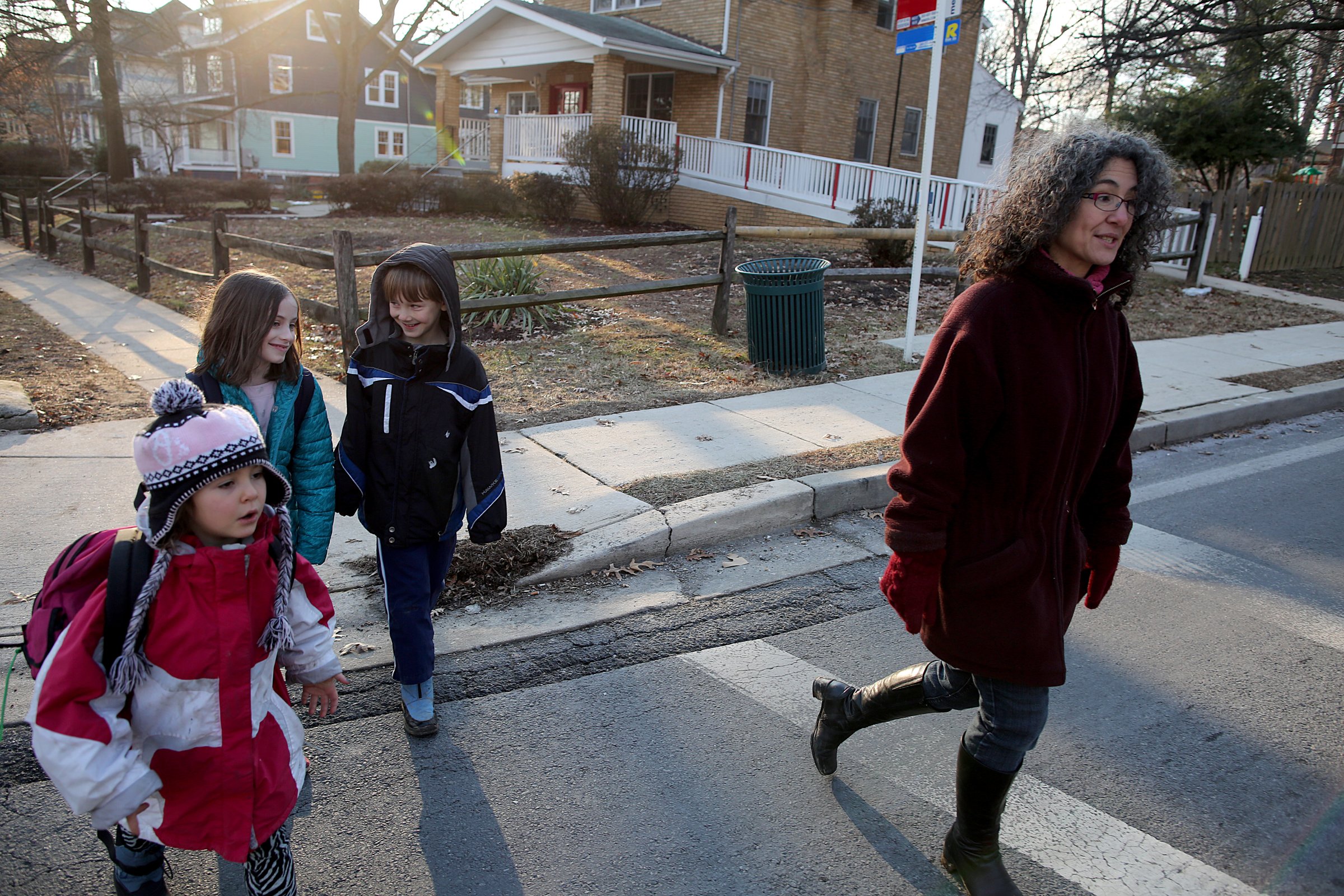
Charging responsible parents with child neglect when they encourage their kids to be independent diverts valuable resources away from true cases of child abuse and negligence, according to a new report.
The Family Defense Center, a Chicago nonprofit that advocates for justice in the child welfare system, said allegations of “inadequate supervision” often arise when children are left unattended for a short period of time, even when the kids are not really at risk and the parents have made a calculated parenting decision to allow them to be on their own. The report, which covered high-profile battles over “free range parenting” as well as lesser-known reports of child neglect, found that allegations of “inadequate supervision” can push responsible parents into the child welfare system, endangering their custody of their children and wasting valuable state resources.
“Parents are swept into the system and labeled at fault when they have made reasonable parenting decisions,” the report says. “Child welfare system resources are currently being devoted to the investigations of neglect allegations, such as inadequate supervision, where children are not at risk. This means fewer resources to investigate and indicate the serious cases of neglect or abuse.”
The report looked at instances where parents were “charged with neglect for common, everyday parental decisions, such as allowing their children to independently walk to parks, play outside, or remain inside a car while the parent runs an errand.”
One high-profile instance they point to is the Meitiv case, in which Maryland parents were charged with child neglect for allowing their two children, aged 10 and 6, to walk home from a local park during the day. The Meitivs were ultimately cleared in June, but their case has become a touchstone in the debate over what counts as a reasonable parenting decision and what is child neglect. Danielle Meitiv lauded the Family Defense Center’s report, praising them for focusing on “cases that didn’t get attention with families who suffered more than ours.”
“The report highlights the terrible irony that the very people who are charged with protecting children end up traumatizing them and their families far too often,” she told the Washington Post.
More Must-Reads from TIME
- Your Vote Is Safe
- The Best Inventions of 2024
- How the Electoral College Actually Works
- Robert Zemeckis Just Wants to Move You
- Column: Fear and Hoping in Ohio
- How to Break 8 Toxic Communication Habits
- Why Vinegar Is So Good for You
- Meet TIME's Newest Class of Next Generation Leaders
Write to Charlotte Alter at charlotte.alter@time.com